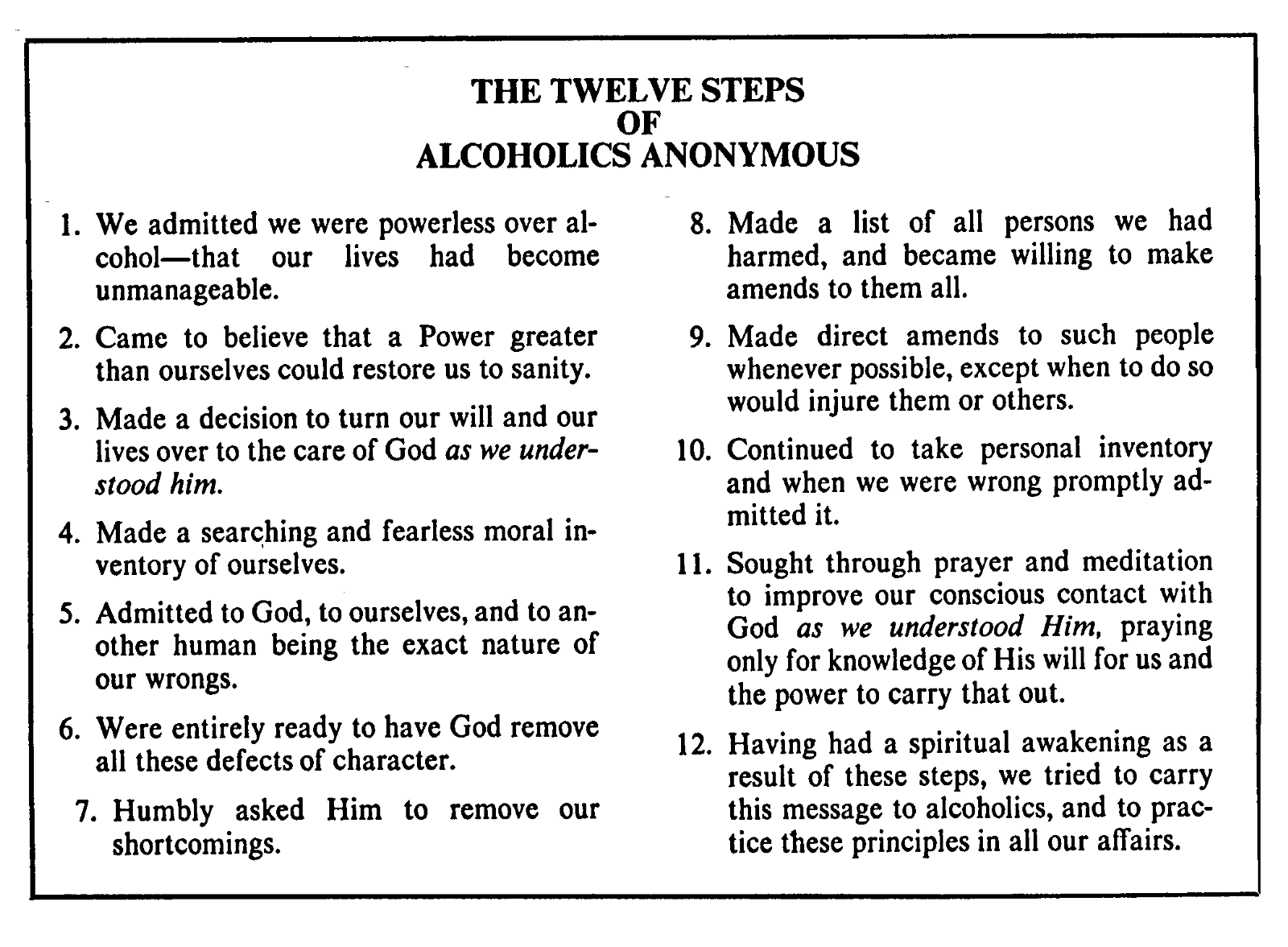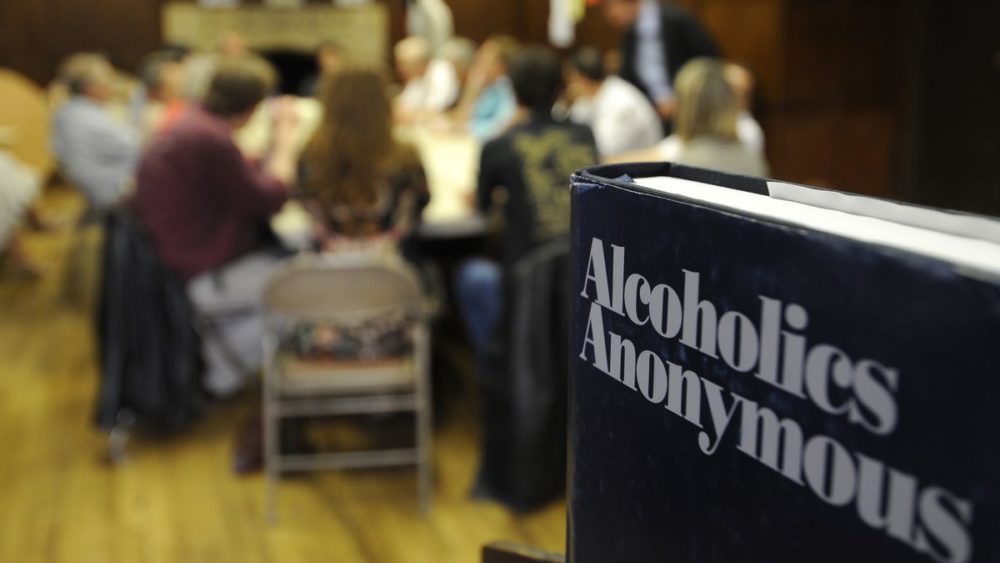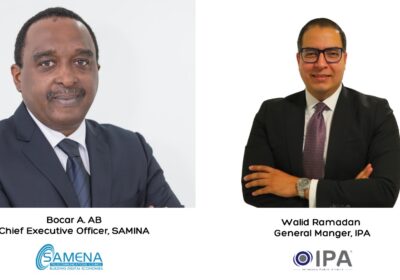Humans are very complex creatures. Sometimes, we opt to deal with some of our problems that have massive impacts on our work lives, relationships and families with none other than denial. This past year, I personally dealt with certain changes in my life that made me drift to unhealthy ways of coping. I truly believe we’re all addicted to one thing or another, and sometimes we deal with certain situations differently, ones that we think we can’t talk to our family or friends about. Eventually, we substitute these ways with more intense methods that we wholeheartedly believe ‘help us forget’ as a form of escapism.
Alcohol is one of those methods, and a lot of people from all age groups perceive it as a remedy; an easy one, given how accessible it is, to all of their problems. Due to our culture that is heavily injected with stigmas and taboos, people tend to keep things to themselves and not discuss their matters out in the open, but believe it or not, Egypt has gradually become open to certain issues such as alcoholism. If you’re someone who tends to resort to alcohol when feeling sad or happy, then you need to know that you’re not alone. Whether you’re drinking because your toxic work environment is breaking you or you lost someone you never thought you’d lose, whatever the reason is, it shouldn’t be your approach when attempting to cope with your situation. A drink with a few friends, a glass of wine at dinner, or even partying every weekend, are totally fine and it doesn’t make you an alcoholic in the slightest. What truly makes you an alcoholic is when you place alcohol above all commitments, whether it being work, family or friends. You probably know this but one shouldn’t rely on alcohol to get them through their problems, because the deeper and deeper they delve into alcoholism; it will turn into a gaping hole that becomes very hard to crawl out from. There are people out there, however, that know exactly what it means and feels to be an alcoholic and they can help you get through it. They can help you get the help you need to become the better version of yourself. Alcoholics Anonymous, also known as AA, is a free fellowship of men and women who share their stories, experiences and strengthen one another to reach a common goal: recovering from alcoholism.

The Twelve-step program of Alcoholics Anonymous form the cornerstone of one of the most effective programs for recovery — Via Medium
I wanted to dig deeper into the culture of alcoholism in Egypt, so I spoke to Farida, a very successful woman with a remarkable nine to five grind. She works in the field of special education (schools that cater for students who have special educational needs due to severe learning difficulties, physical disabilities or behavioral problem) and is now 10-years sober through the help of the AA program, which was initiated via the 90 sessions over 90 days – meaning, a session was conducted every day for the duration of three months. When she’s not helping kids excel and flourish, she plays a very integral part of AA in Egypt — serving as a guide or a sponsor, to people who might need help but don’t know where to get it from. But before Farida became the sober woman that we know today, she was someone that suffered quite badly from alcoholism. “I always thought alcoholics were the bums with a bottle wrapped in a paper bag on the street. I never thought I could be labeled as an alcoholic too, until people around me started saying that I might have a drinking problem,” Farida tells me. “My now ex-husband advised me to go to AA meetings which is how I knew about the program. To put it simply, AA is a confidential fellowship that won’t cost you a pound. It helps members stay sober while simultaneously helping other alcoholics achieve sobriety through a Twelve-step program which include things such as believing that a power greater than ourselves could restore us to sanity, making a list of people we have harmed and become willing to make amends,” she continued.
The biggest part of alcoholism, or any disease in general, is the denial phase. If you’re an alcoholic sitting at a family dinner and there’s a bottle of wine that everyone is drinking from, you tend to think what’s the problem? Completely neglecting the fact that it is a problem because you have a problem.
By now, you might be wondering if you’re considered an alcoholic. There is a quiz available on the AA website that helps you determine whether you are or not, specifically if you are someone in denial. Acknowledging that you have a problem is the most vital step of recovering. “The biggest part of alcoholism, or any disease in general, is the denial phase. If you’re an alcoholic sitting at a family dinner and there’s a bottle of wine that everyone is drinking from, you tend to think what’s the problem? Completely neglecting the fact that it is a problem because you have a problem. Especially with alcohol, there’s a high level of denial since its accessible and legal compared to other drugs,” Farida stresses.

Via Coloribus
There are five things expected from you: calling your sponsor (that is usually someone from the same gender), prayer (whatever higher power you believe in), meditation, attending your meetings and sharing your story. “During the meetings I was going through withdrawal symptoms and I realized the way another alcoholic spoke to me was different than my mother or my friends would speak to me. I didn’t think anyone understood me, because at the end of the day, the person who had their head in the toilet was me; the person who embarrassed herself at that party was still me.” Farida started feeling the progress when instead of waiting to go to the bar, she was waiting to go to the meeting. Sponsorship is a crucial component of staying sober. “I still sponsor people until now. The first time I became a sponsor, I was six-months sober. Being a sponsor has nothing to do with sobriety time, it has to do with how far you are on the steps. I have been through the steps four times, but to be one, your sponsor has to tell you that you’re ready to be one.”
Alcoholism is a disease and in order to treat it, you need to be highly aware of that fact. There is always a way out, and most importantly, there is a light at the end of the tunnel. Take Farida for example, someone who relied on alcohol for everything. It was what helped her sleep and overcome her problems. Alcohol was her upper power, and she still defeated it. Recovery is not for people who need it, it’s for people who want it. It is something you dedicate yourself to, no days off. Stopping the consumption of alcohol doesn’t solely do it, you have to create a new life that will help you not consume or abuse it. If you don’t, then all the factors that caused this addiction will inevitably catch up with you again. Alcoholism, like any other addiction, is a progressive and chronic disease, therefore needs to be treated.
DISCLAIMER: Some names and identifying details have been changed to protect the privacy of individuals.




























